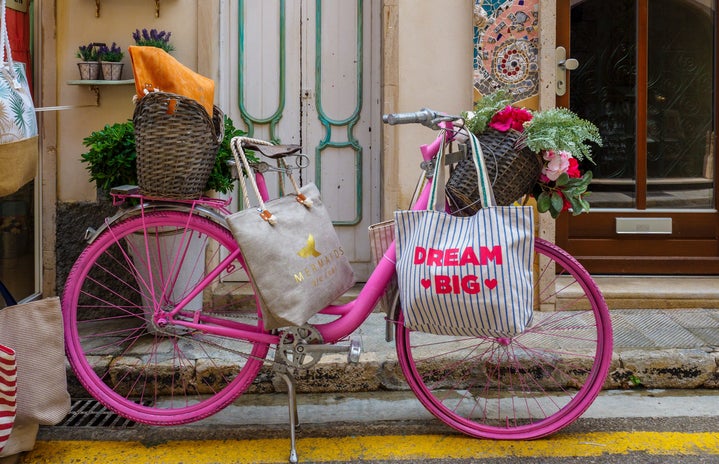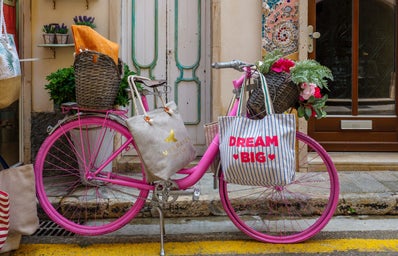Rhonda Byrne’s The Secret (2006) has helped many of us get through difficult times; perhaps, mostly because of the personal narratives that a lot of people have shared through it about how they could manifest things and situations in their lives. In my case, The Secret has been a constant ever since my initial few months as a boarding school student. However, unlike most people who create vision boards for manifestations, I have always believed in creating lists, all of which have been a great source of comfort, if nothing else. It won’t be an exaggeration for me to say that reading and following The Secret has been a transformative life experience, in many ways. Nonetheless, there is something that has always bothered me about those who practise ‘positive thinking’, either as followers of The Secret or as members of some other spiritual or religious organisation — their constant need to preach toxic positivity in literally every situation, sometimes without even knowing the gravity of it.
While it is extremely important for one to have ‘secret shifters’ — people, things, movies, memories, anything that can lift their spirits when they’re feeling extremely low and helpless — it is also necessary for them to be allowed the time and space they require to heal from the traumatic experiences they might have had in their past. Thus, telling them that they’re inviting negativity into their lives by focusing too much on unpleasant things is actually a form of victim shaming — no victim or survivor should ever be made to feel as if their process of healing and recovery is flawed. In that sense, a person who is processing their trauma doesn’t need to be constantly told or reminded about the ‘the law of attraction’ that is mentioned in The Secret — the idea that one attracts what they think of the most.
Additionally, there is something very disturbing about the idea that ‘pain and suffering’ are an invitation for one to grow as a person — that isn’t true because not every successful person in the world has had to suffer in order to become who they are. Thus, forcing someone who is grieving or healing to make the most out of their pain — usually by creating art or poetry or working more than usual — can, at times, make them feel as if they’re under some sort of an obligation to channelise their suffering into something productive. Let’s face it, that’s a very capitalist way of thinking — one shouldn’t be expected to profit from their pain.
There is a thin line between positive thinking and toxic positivity, especially when one is learning to be kind to themself. The latter often worsens things for someone who might be struggling to even get through their day as it leads to a trivialisation of their issues. Everyone’s healing journey looks very different and sometimes, all a person needs to make peace with their past self is to just accept it at their own pace instead of being asked to dismiss it’s existence altogether.


